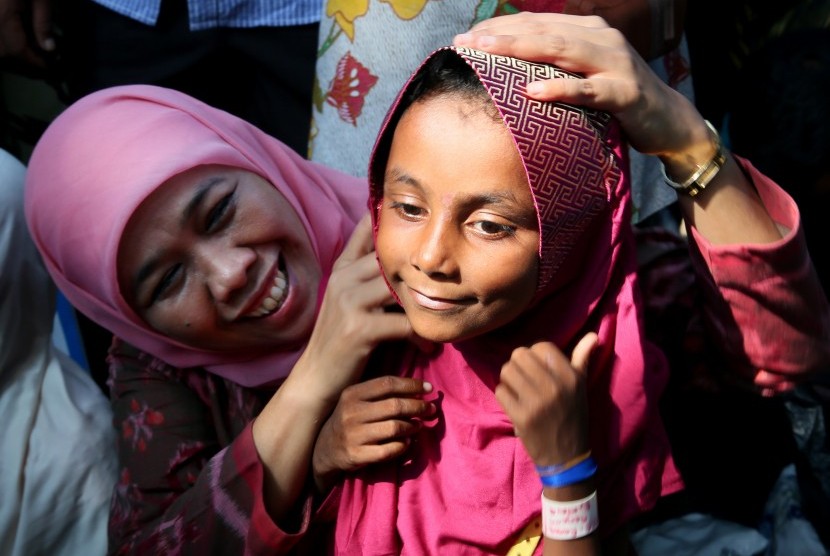REPUBLIKA.CO.ID, PADANG -- The prolonged Rohingya refugee problem is a setback for the Association of Southeast Asian Nations (ASEAN), Prof. Saifullah, an Islamic social history expert, stated.
"The ASEAN has been busy with ceremonial activities held at luxurious venues and has failed to address the real problems being faced by its people," the professor of the State Islamic Institute (IAIN) of Imam Bonjol remarked here on Monday (25/5).
Every ASEAN member country has to protect its citizens and treat them fairly. However, unfortunately, the ASEAN has rarely discussed and shed light on the problems concerning the refugees and minority who are prosecuted, he affirmed.
The fate of the Rohingya minority has been ignored so far and has no solution, he noted.
The professor called on the ASEAN member states having Muslim minorities in their countries to not prosecute them.
He pointed out that the Muslim minorities include Rohingya in Buddhist-majority Myanmar, Patani in Buddhist-majority Thailand, and Moro in the Catholic-majority Philippines.
The United Nations and ASEAN should lay pressure on the Myanmar government to stop prosecuting Rohingya Muslims, he remarked.
Human Rights Watch (HRW) in its World Report 2014 on Myanmar wrote that communal violence against Muslim communities in Central Burma (now Myanmar) spread during 2013, with a series of apparently coordinated attacks against Muslim communities and their properties.
In late March 2013, Burmese Buddhist mobs attacked Muslim communities in the central Burmese town of Meiktila.
At least 44 people were killed and 1.4 thousand mostly Muslim-owned businesses and houses were destroyed.
"Burmese police forces failed to intervene during much of the violence, and in most cases did not act to protect the lives or properties of Muslims, and in some instances, they actively participated in the anti-Muslim violence," HRW noted in its annual report last year.
More than 12 thousand people were displaced by the violence, and many are still housed at government-protected displacement camps in the town at the time of writing.


